Do electric cars need oil change?

Electric vehicles, or EV’s for short, are quickly becoming the worldwide, must-have vehicle. By 2025, there are set to be around 18 million electric car users in the USA alone.
There are many advantages to purchasing an electric vehicle. They reduce air and noise pollution, lower fuel costs and require little maintenance.
They do require some fluids, but is oil one of them? Read on to find out more.
Why Do Cars Require Oil?

Oil is used in conventional cars as a coolant, to lubricate parts, and to remove contamination.
Certain parts of a car engine require lubrication due to the friction caused when they are moving. Without lubrication, the engine can overheat which can cause significant damage.
Engine oil works as a coolant by creating a layer between parts that are in motion. This layer stops any direct contact which helps to maintain engine temperature.
You may notice over time, the oil in your car starts to change in colour and smell. Oil also acts as a kind of net for dirt particles. The oil catches any contaminants that reach into the engine and this is removed when the oil gets changed.
Why Don’t Electric Cars Require Oil?
Electric cars do not require oil as the engine is very different from that of a gasoline or diesel vehicle. In fact, EV’s do not have an engine at all but have motors instead.
Gasoline and diesel vehicles run on an internal combustion engine (ICE). An ICE requires engine oil to lubricate parts and filter out contaminants.
Electric cars, on the other hand, have motors that are sealed and greased while in the construction process. They are designed to run without any maintenance needed in that area, as it is sealed which means it cannot be contaminated. The energy used by electric cars is stored in the battery, therefore there is no need for any parts to be lubricated.
Is The Use of Engine Oil Harmful?
Yes. Engine oil is extremely damaging to the environment as it is highly toxic.
Not only does it pollute the air we breathe, but if it is not disposed of correctly, oil is harmful to wildlife and nature itself.
Improper disposal
A single gallon of oil that is improperly disposed of can ruin around one million gallons of freshwater. Drinking water can be affected by toxic rainwater that enters streams and sewers.
Oil contains toxic elements such as arsenic, lead and benzene. If spilt on soil, it can hugely affect crop growth and contaminate the food chain.
Driving an electric car dramatically reduces your carbon footprint. No engine means no engine oil, so you do not need to worry about the planet in that respect. However, they do require some fluids that can be harmful if not recycled properly.
What Fluids Do Electric Cars Require?
While they do not require oil, electric cars do require some fluids.
Brake fluid is still needed just like in conventional cars and over time it becomes contaminated which can lead to faulty brakes.
The brake fluid used in an EV does not need replacing as much as it would in a gasoline or diesel engine. Electric cars use regenerative braking which happens in the motor and relies on brake fluid to work smoothly. This should be replaced when the car has driven around 25,000 miles.
They do also require the coolant to be changed now and again. The temperature inside the motor can increase just like in a regular car. However, it won’t be required until you have driven around 50,000 miles and when it gets to that point, you may be considering purchasing a new car.
Another fluid change that may possibly require maintenance is that of the gearbox. This is greased and sealed by the manufacturer and would not need to be changed until you have reached way over 50,000 miles.
Lastly, it isn’t a necessity, but windshield fluid should be replaced as and when you need it.
Do Electric Cars Outperform Conventional Cars?
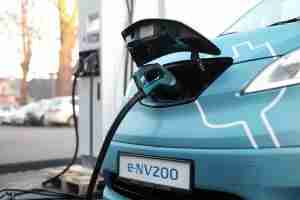
Everything has its benefits and drawbacks. In some respects, yes, the electric car is an all-round better choice to make if purchasing a new vehicle. Here’s why.
Better to drive
For a start, they barely make a noise and do not cloud the air with smoke like traditional combustion engines do. The low center of gravity in an EV improves handling making for a comfortable and smooth driving experience.
Range
Improvements in technology allow electric cars to cover up to 200 kilometers before needing to recharge. The regenerative braking system prolongs battery life and reduces wear and tear.
Better safety features
Since electric vehicles do not use flammable products, there is less chance of them causing or catching fire.
Electric Car Maintenance
Electric vehicle manufacturers have their own rules when it comes to car maintenance. However, the average maintenance guide is as follows:
- 7000 miles: General inspection (check tires, coolant and brake fluid)
- 40,000 miles: Replace cabin air filter
- 50,000 miles: Inspect coolant fluid within battery
- Every 5 years: Refill all fluids
- Every 6 years: Service your air conditioning
Most local car repair shops are unfamiliar with electric vehicle motors. Taking your car directly to the manufacturer is your best bet should you encounter any problems.
Battery
A conventional car battery typically lasts for 5-8 years. The battery in an EV will only need replacing every 10-20 years.
To unlock its full potential, it is recommended by manufacturers to charge the battery up to between 80-90%. A fully charged battery is less energy efficient as the regenerative braking does not work as well. Efficiency is increased by purposely getting your EV to work harder.
Summary of Events
Electric cars do not require engine oil changes but do require other fluids that need to be checked and changed according to the manufacturer’s handbook.
We hope this article has provided you with important information about electric vehicles and how they work without the need for oil. They are the future after all.

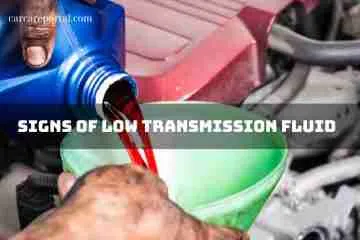




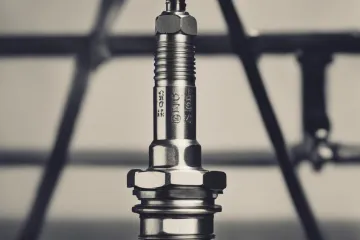
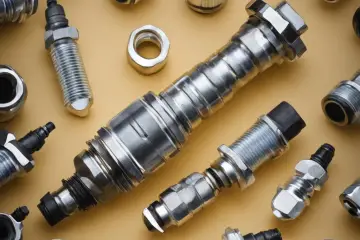



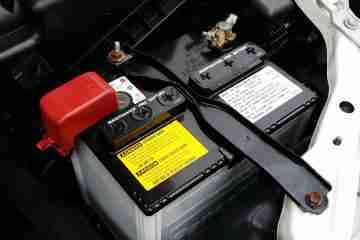

No Comment